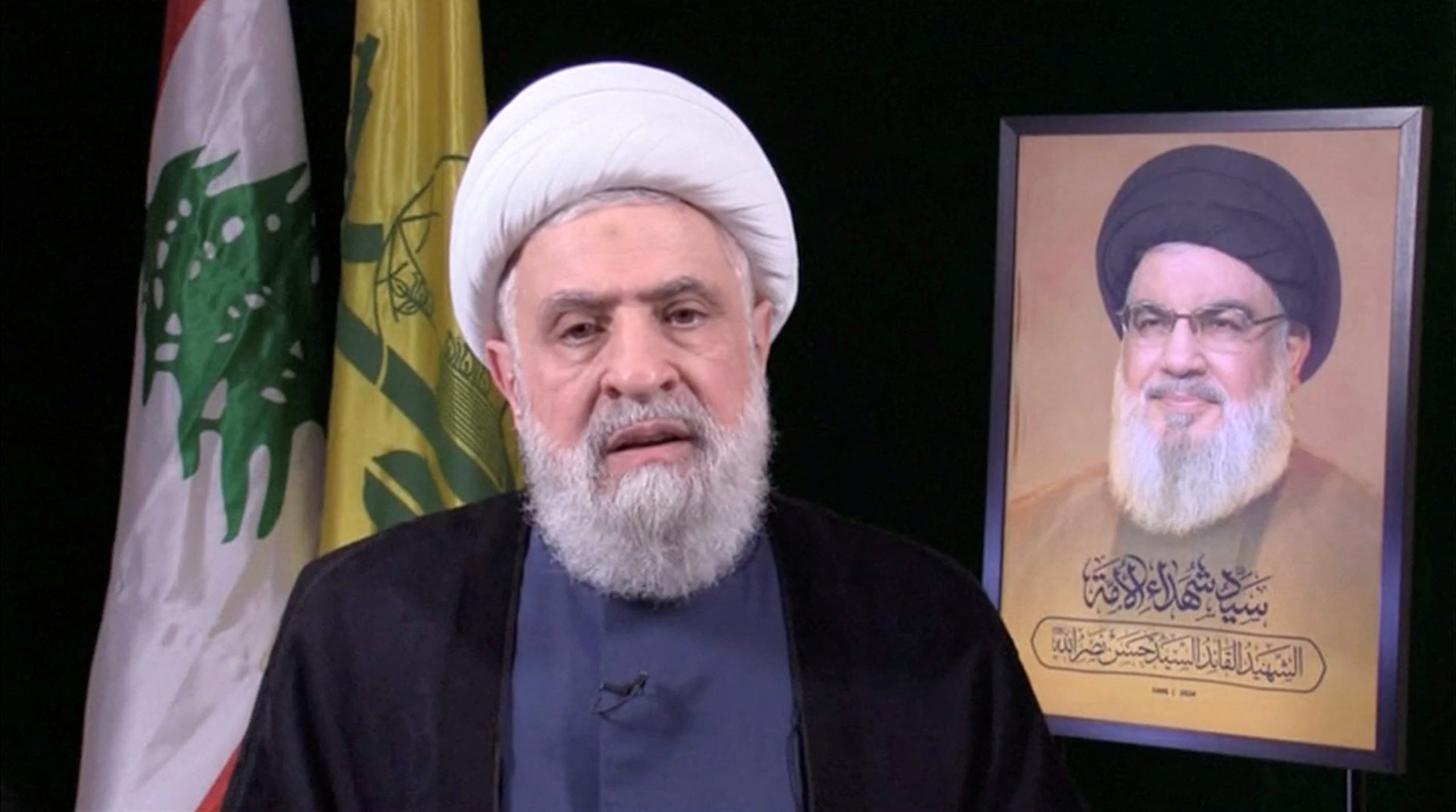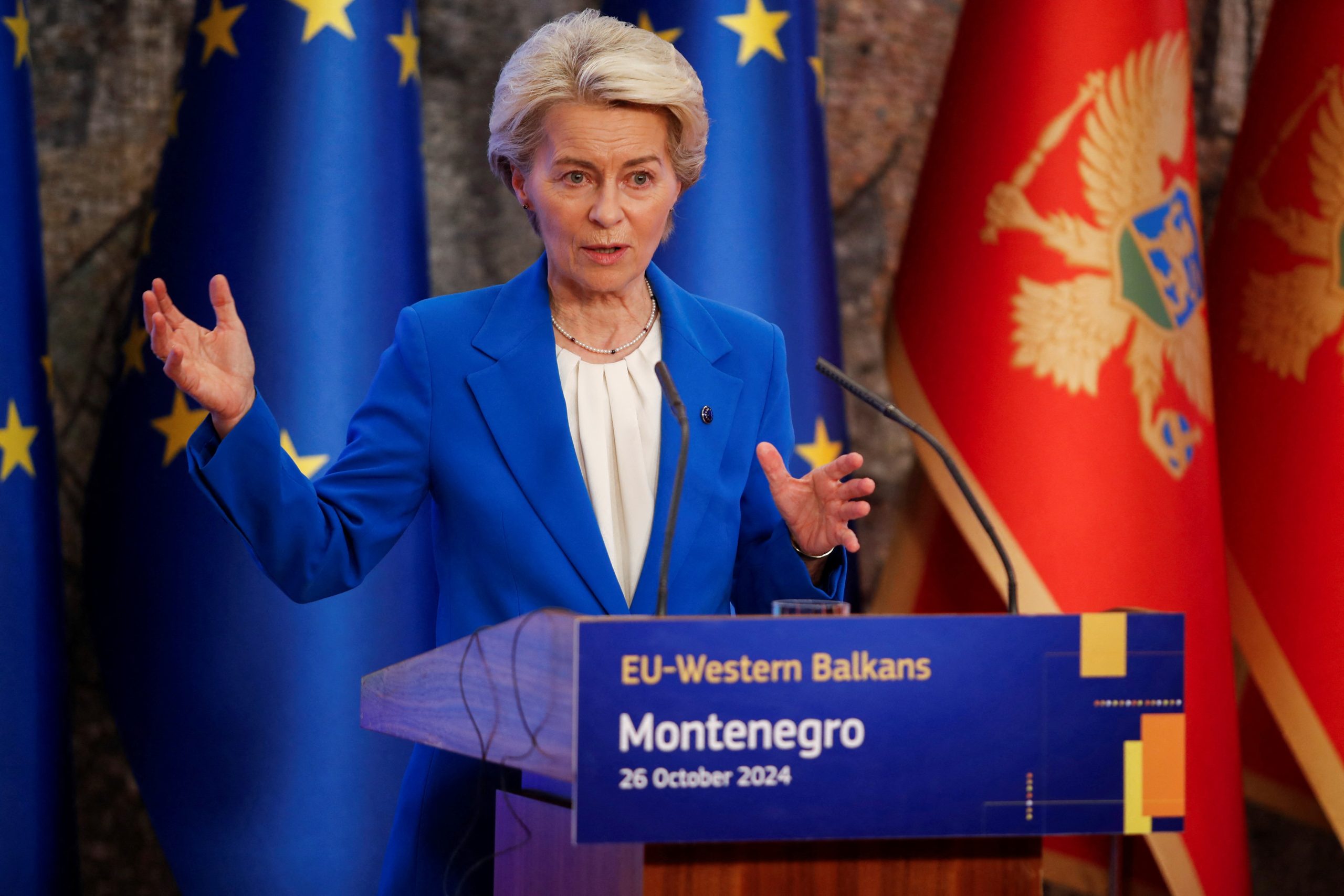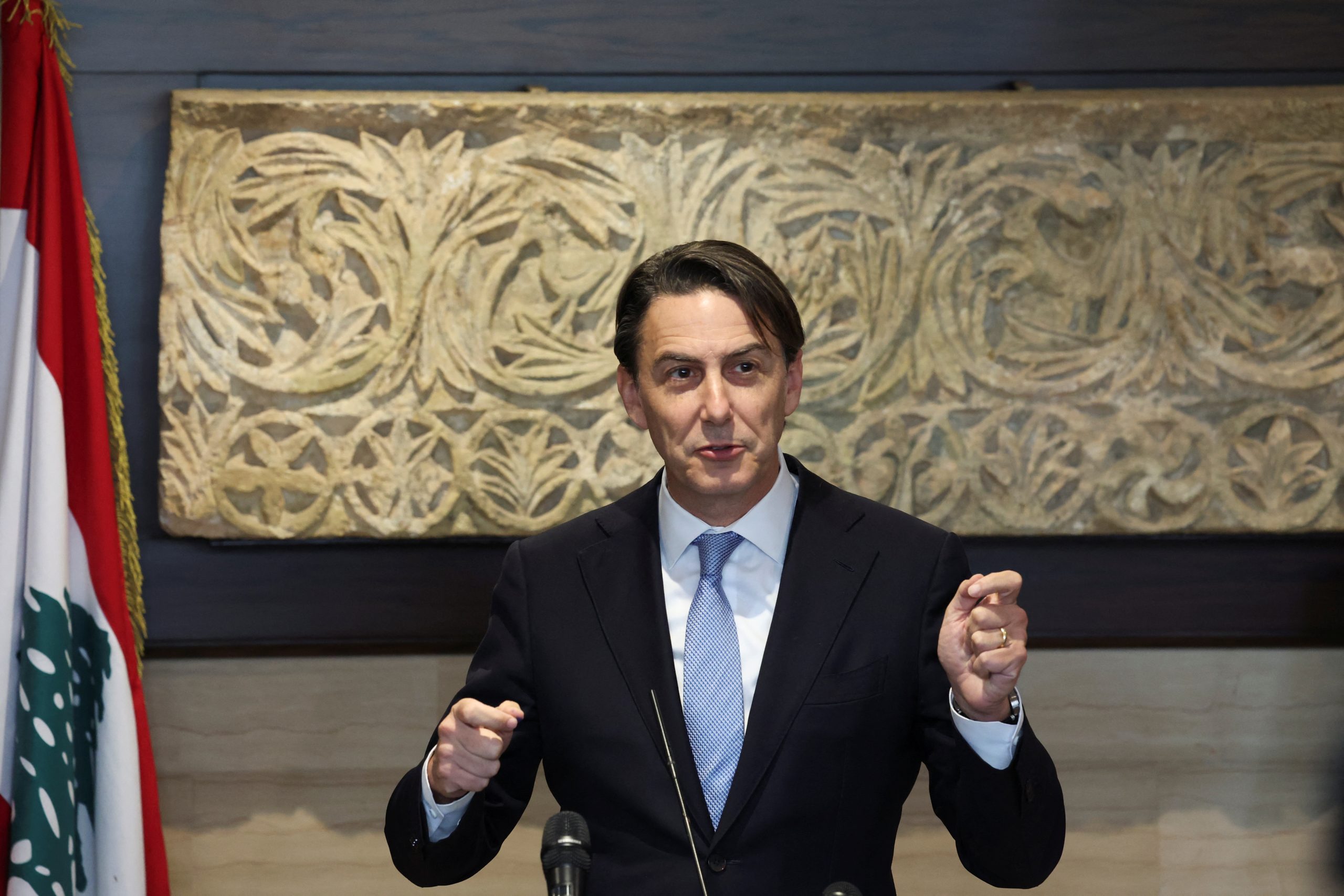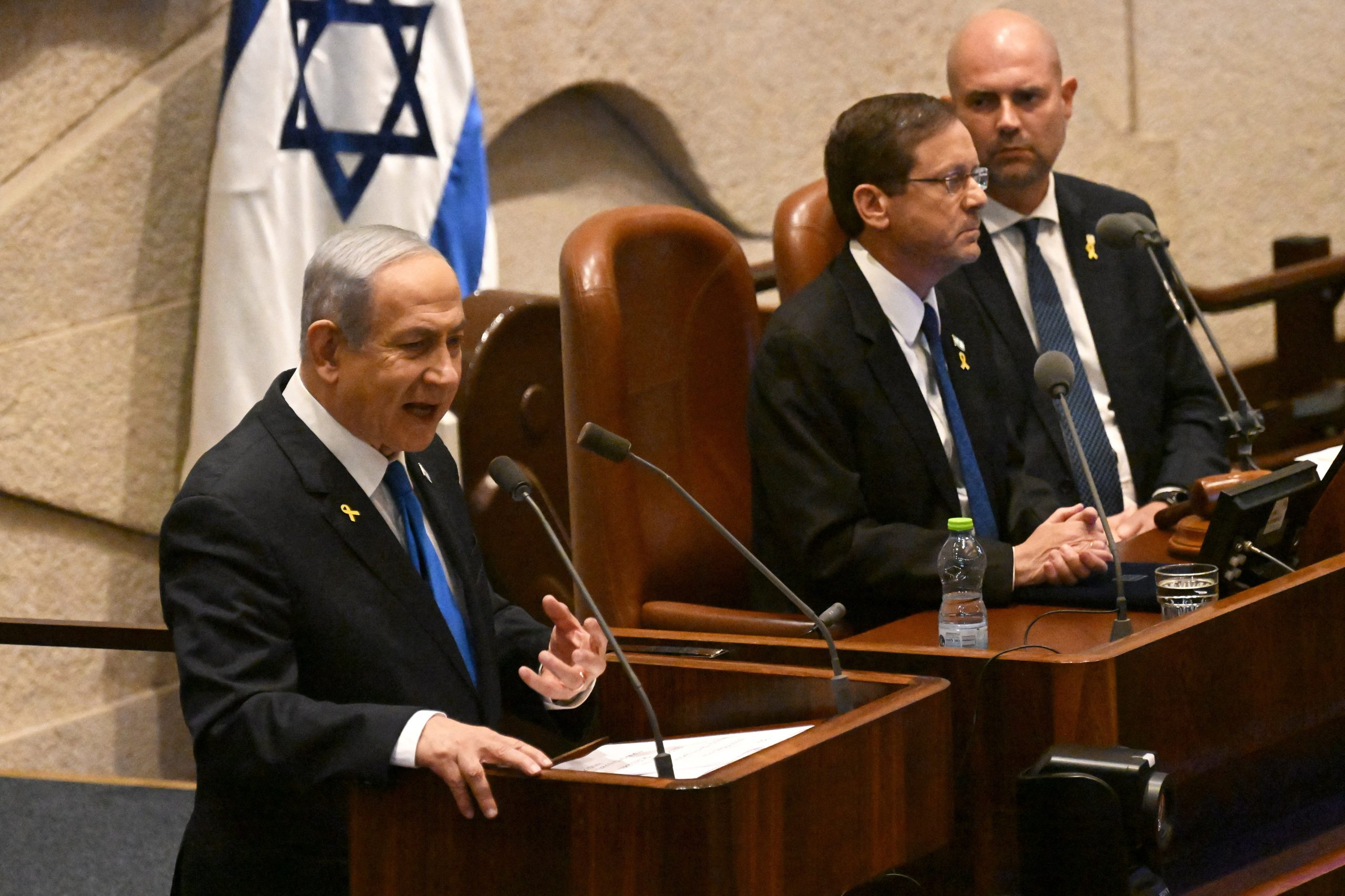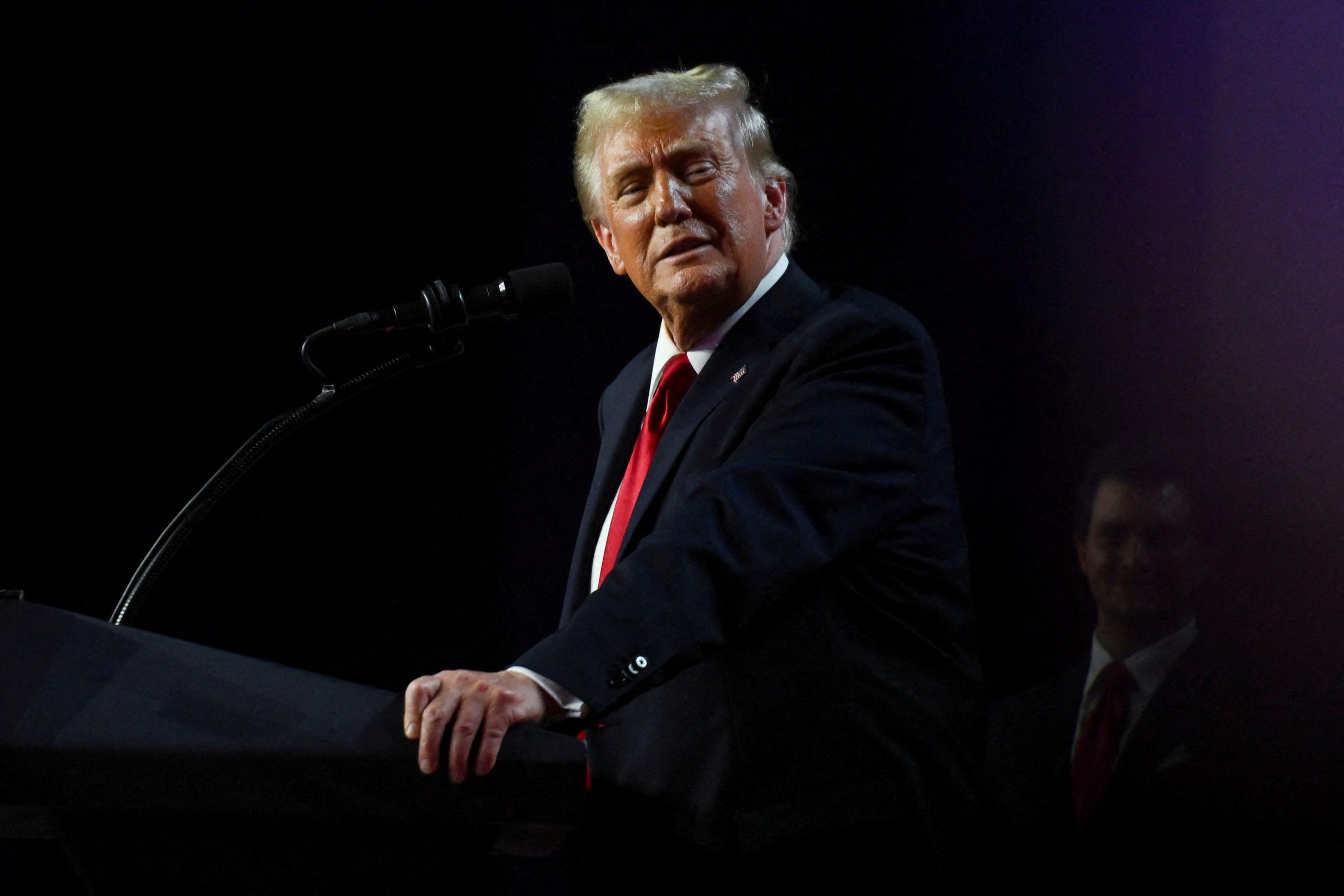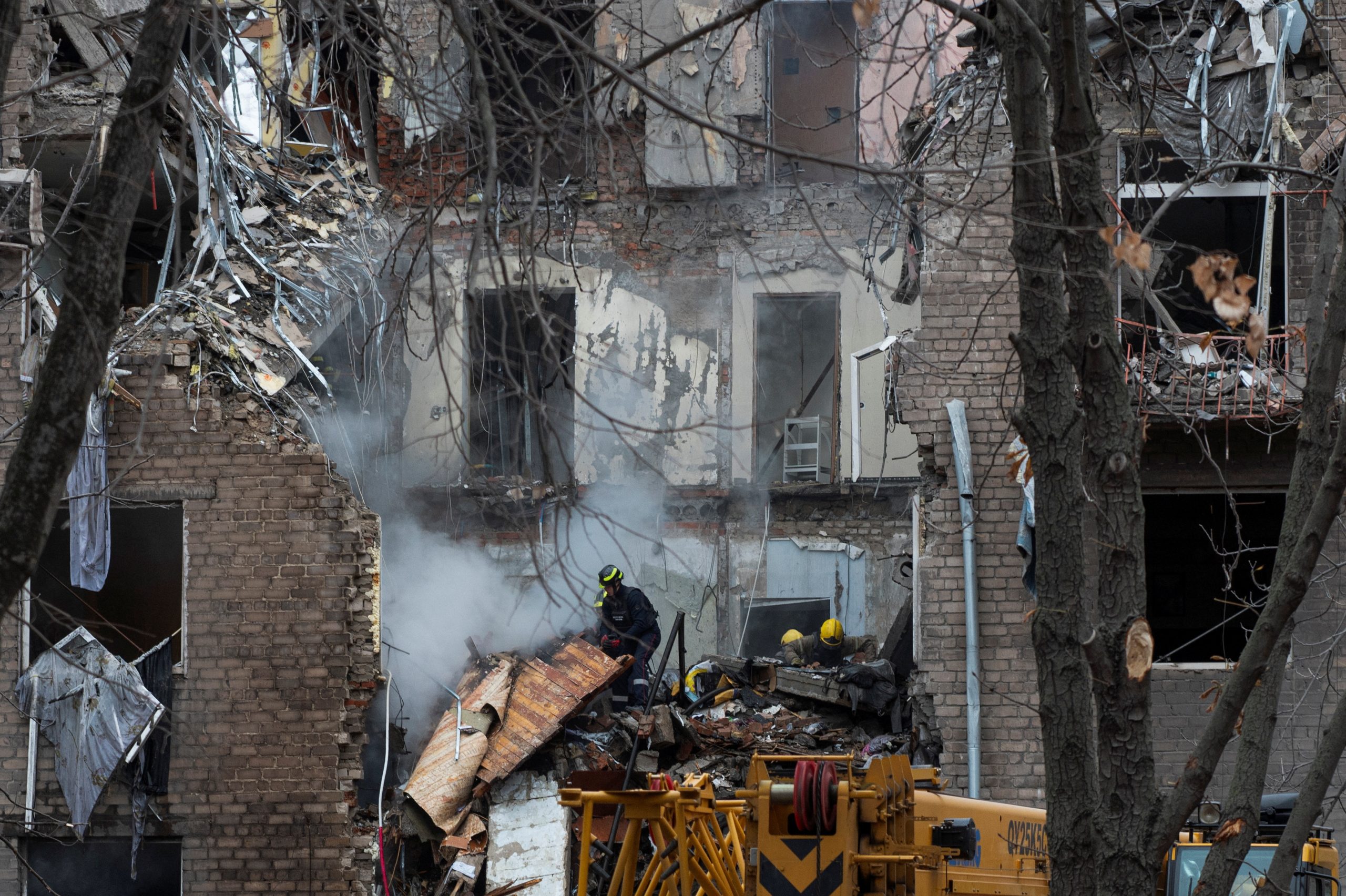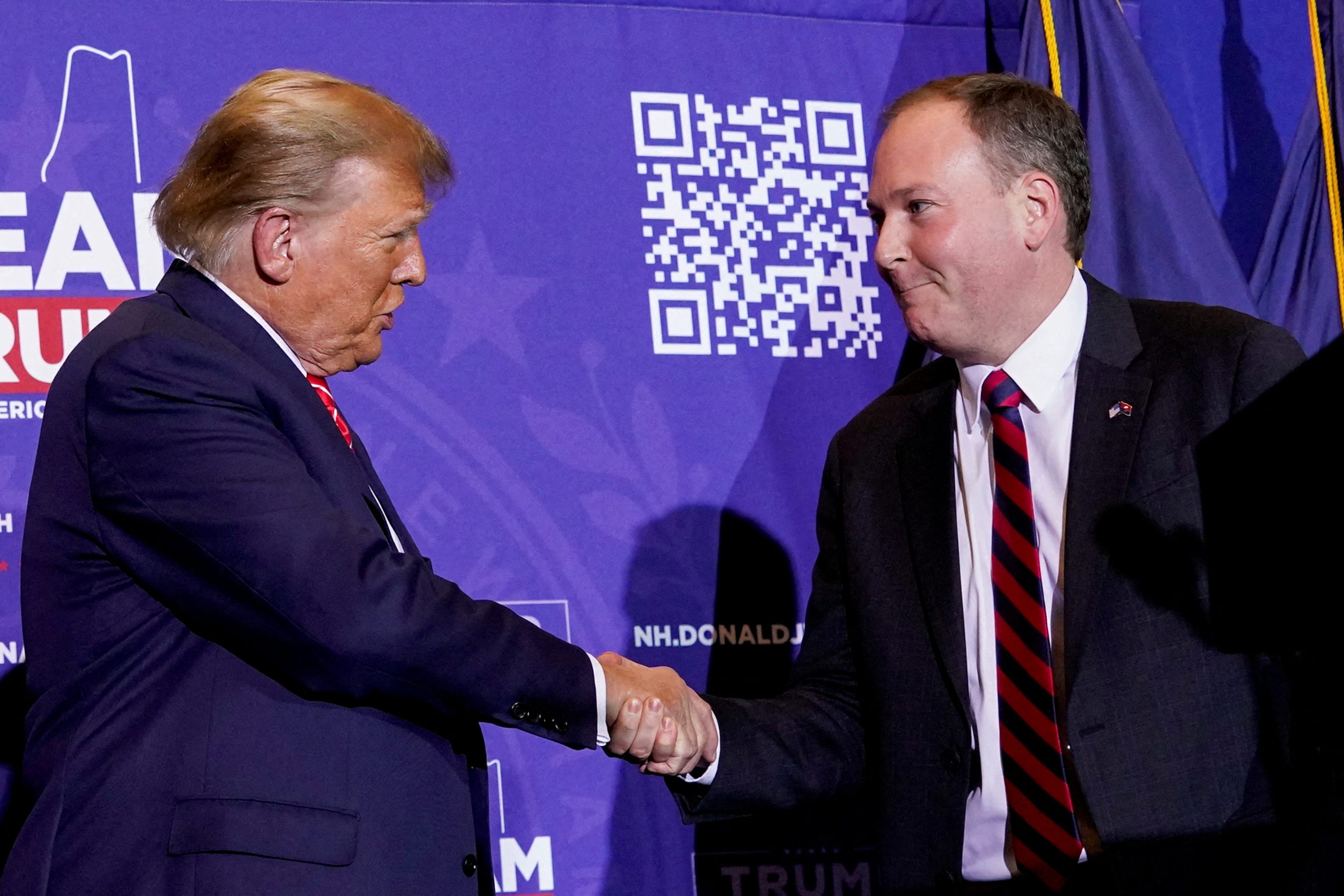In his first public appearance as Hezbollah’s new leader, Naim Qassem pledged unwavering commitment to the group’s long-standing conflict with Israel, vowing to stay the “path of war” laid out by his predecessor, Hassan Nasrallah, who was assassinated by Israeli forces last month. “We will continue our war plan within the outlined political frameworks,” Qassem declared, signaling no change in Hezbollah’s stance despite the leadership shift.
Speaking from an undisclosed location, Qassem’s statements reaffirmed Hezbollah’s mission as an Iran-backed resistance force against Israeli influence in the region. The speech, laden with echoes of Nasrallah’s rhetoric, demonstrated that Hezbollah remains as resolute as ever, raising fears of further escalation along the volatile Lebanese-Israeli border.
Continuity in Conflict: Qassem Pledges to Uphold Nasrallah’s Legacy
Qassem’s statement, “We will remain on the path of war,” sent a powerful message to both allies and adversaries. His words underscore a continuity of strategy within Hezbollah, despite the targeted killing of Nasrallah, who led the organization for decades. Under Qassem’s leadership, Hezbollah’s alignment with Iran’s regional ambitions appears unshaken, with the group vowing to “uphold the resistance” in Lebanon and beyond.
Qassem’s promise to adhere to Nasrallah’s legacy hints at Hezbollah’s long-term approach, emphasizing a “war plan” that integrates political frameworks with military objectives. This strategy has historically allowed Hezbollah to gain substantial influence within Lebanon while positioning itself as a key regional player backed by Tehran’s support.
What Lies Ahead for Hezbollah and Lebanon?
Qassem’s rise and his commitment to Nasrallah’s vision raise the stakes in a region already gripped by instability. With tensions along the Lebanese-Israeli border higher than ever, Lebanon faces potential escalation that could draw both regional and global actors further into the fray. Qassem’s leadership and his firm stance on conflict with Israel signal that Hezbollah’s influence—and its readiness for confrontation—remain undeterred.
As Qassem steps into Nasrallah’s role, the question looms: Will his leadership steer Hezbollah into an even deeper conflict, or will the group recalibrate its approach amid intensifying pressures from within Lebanon and beyond?
Sources for this article include statements from Hezbollah leader Naim Qassem and regional security analyses.

